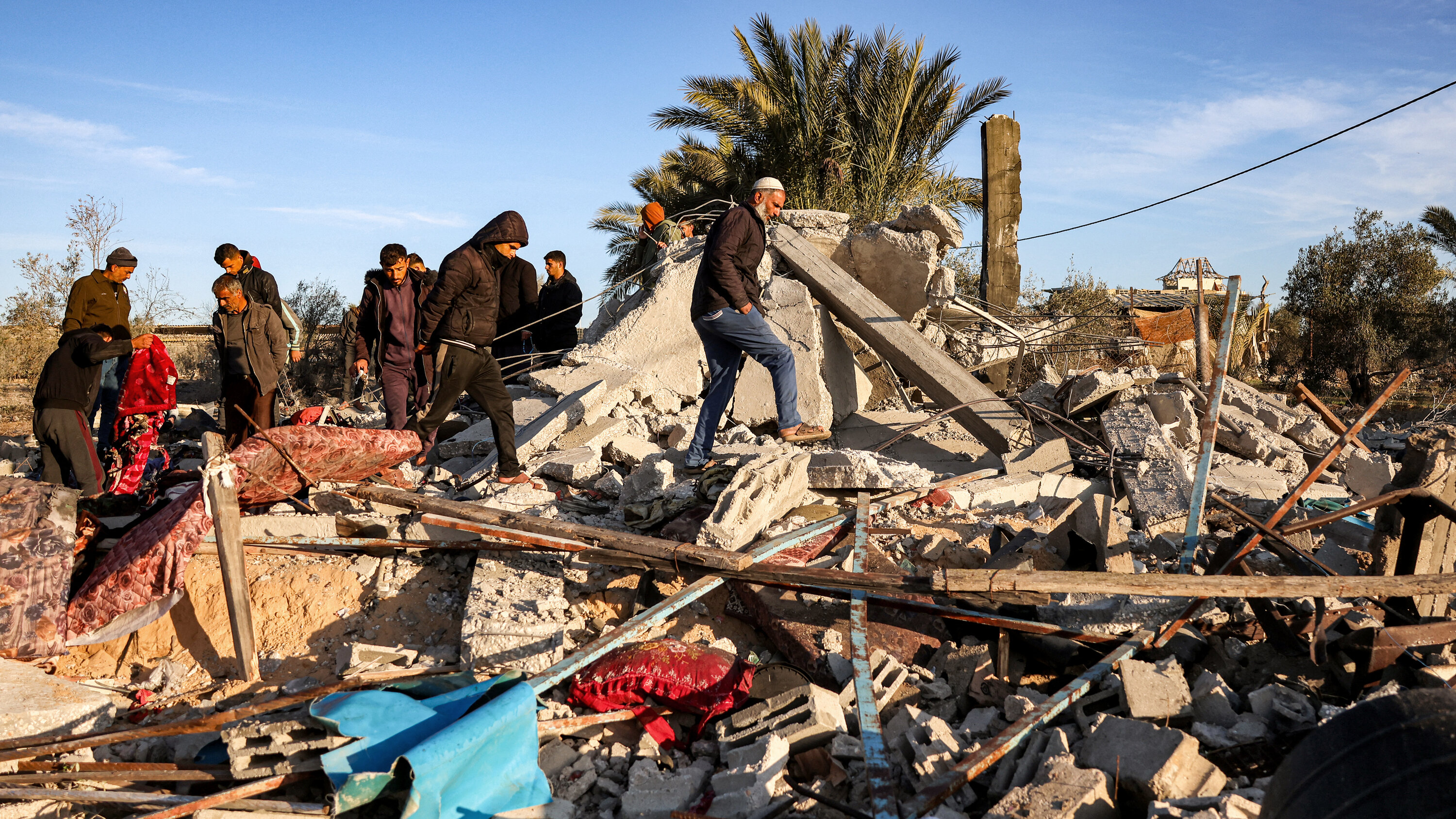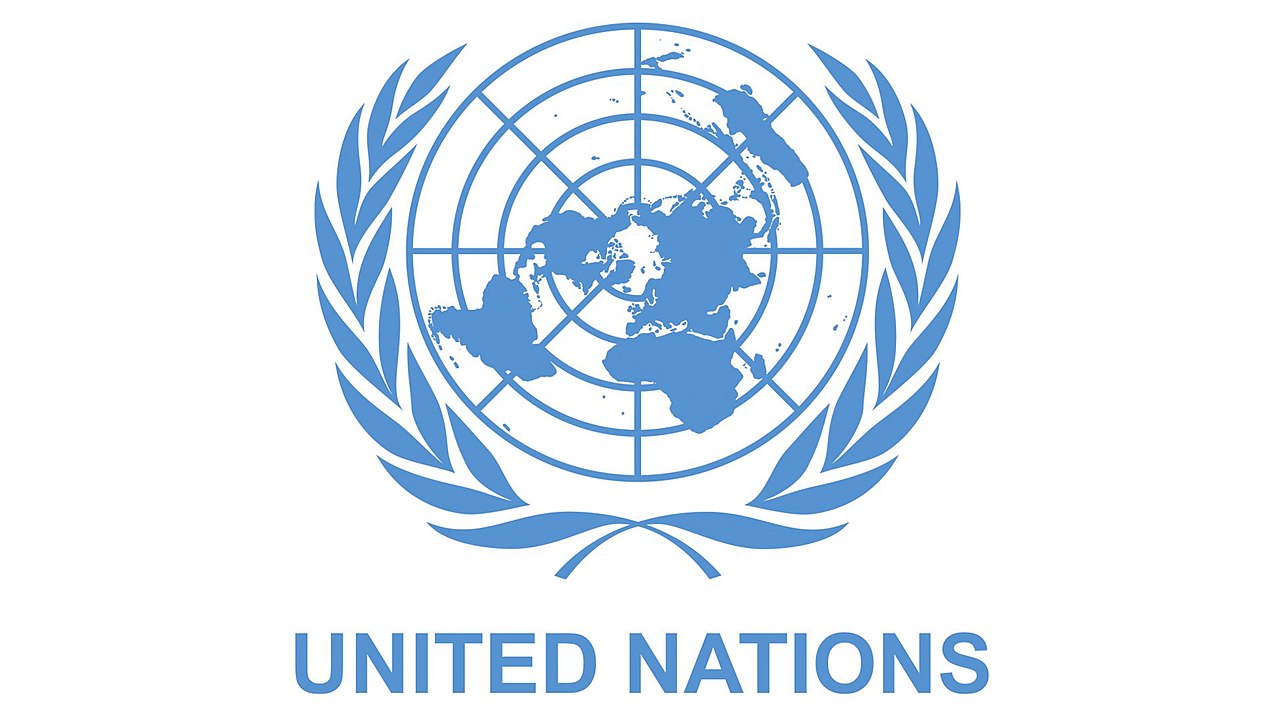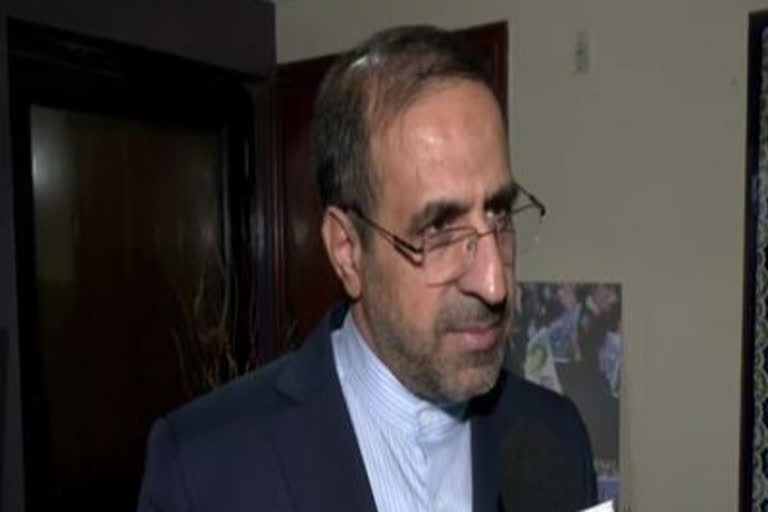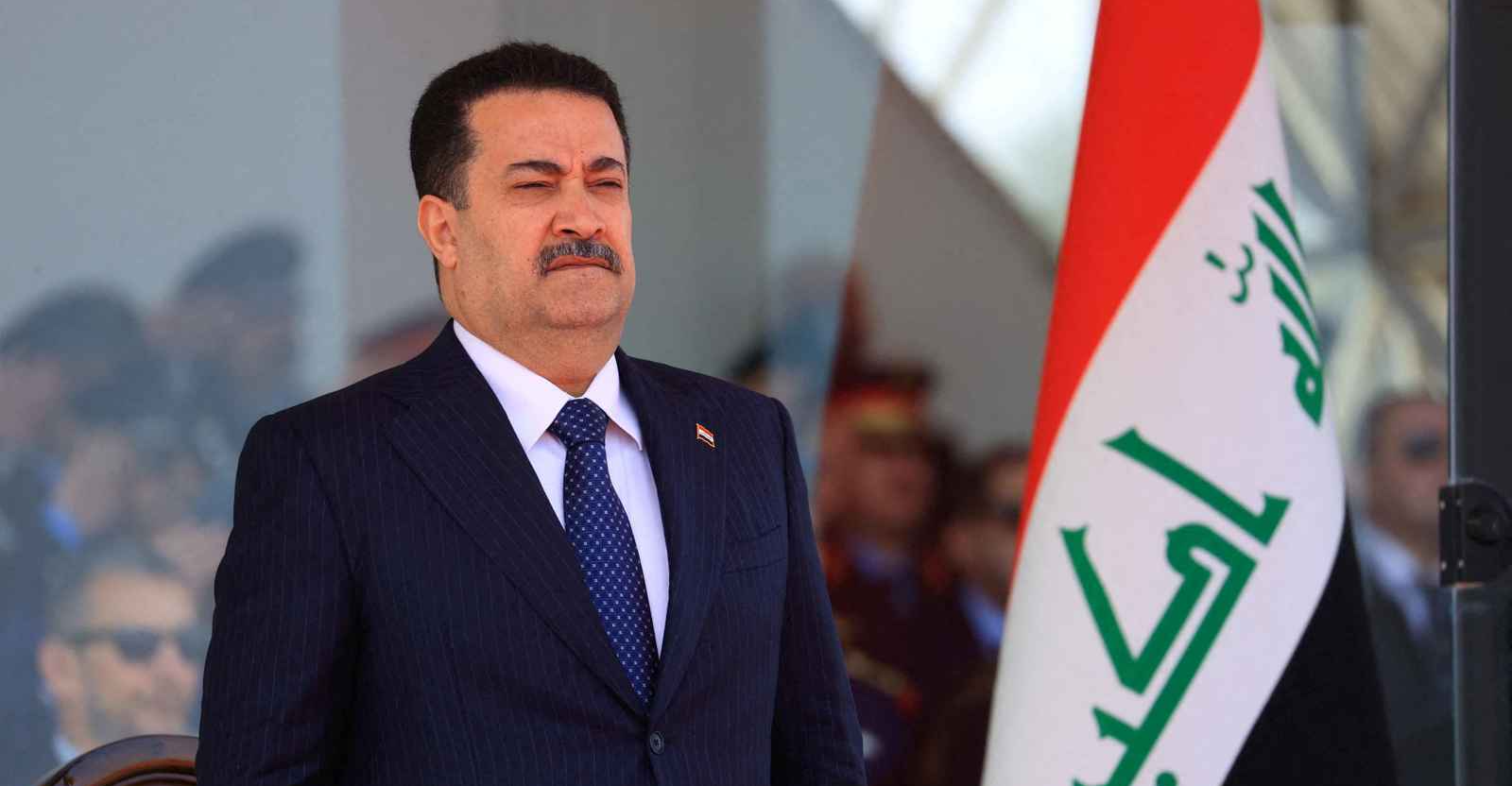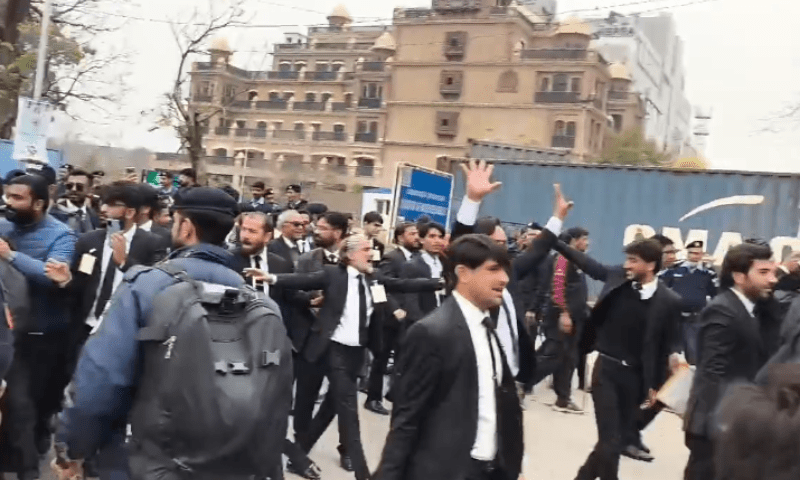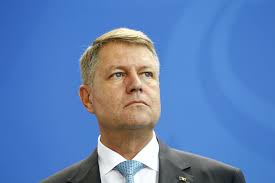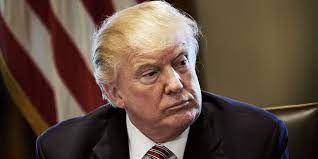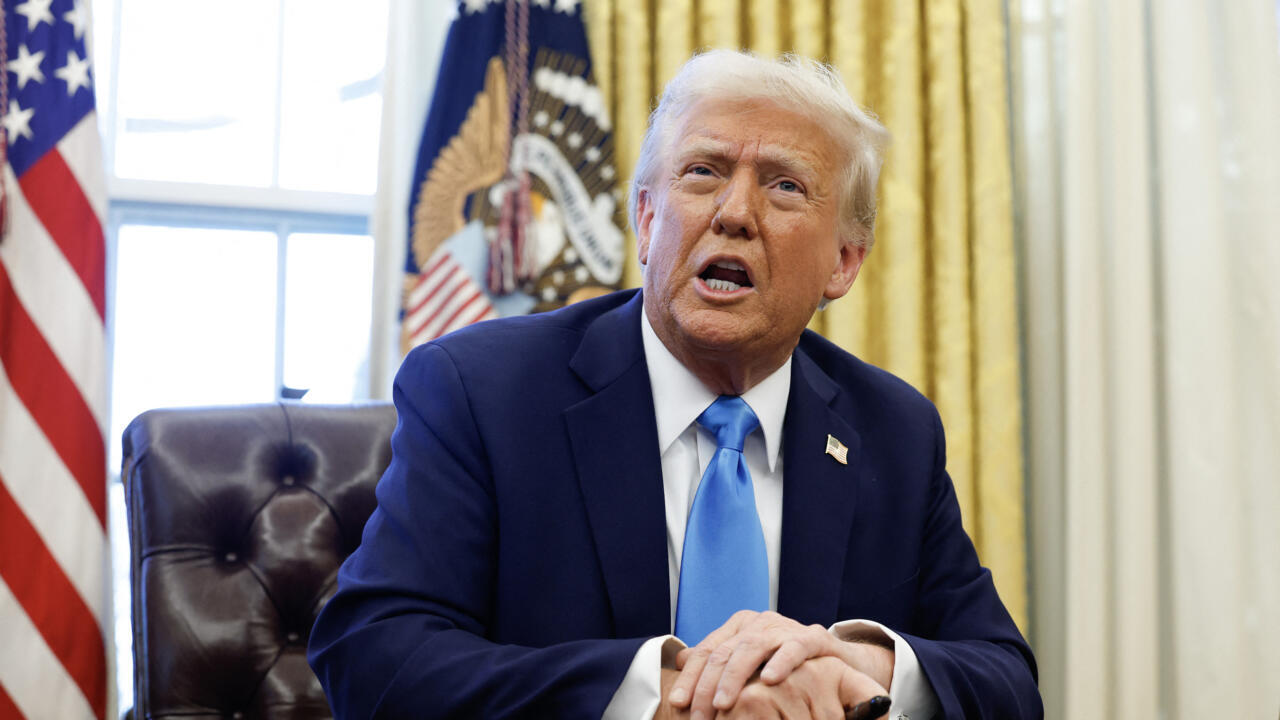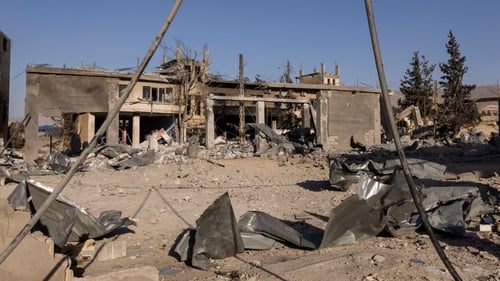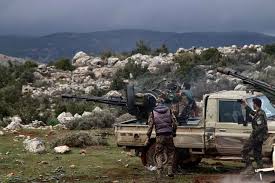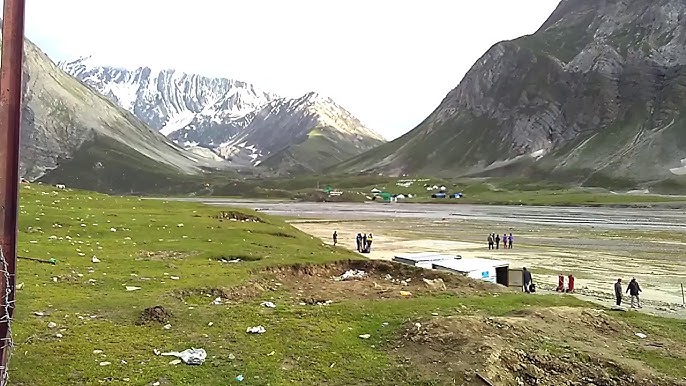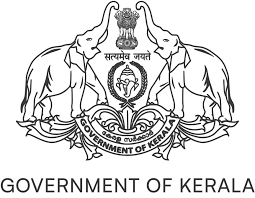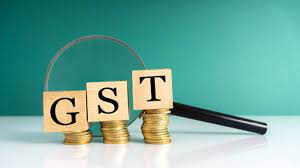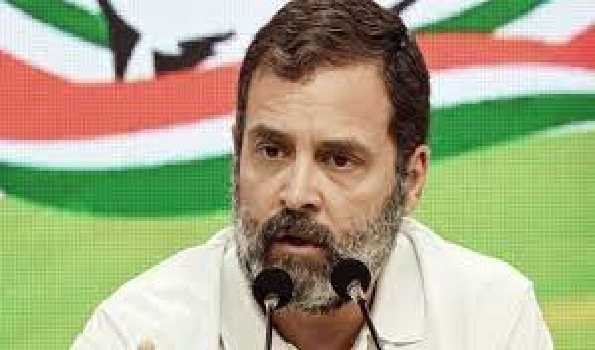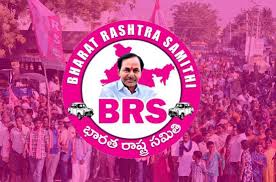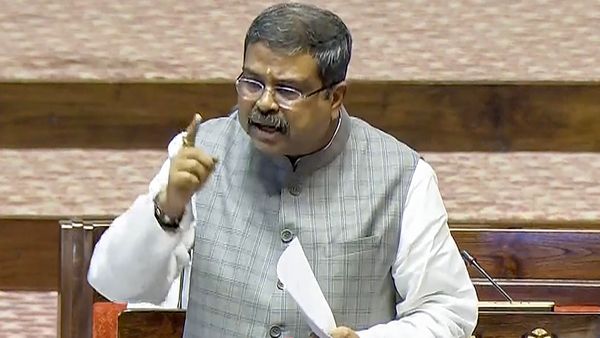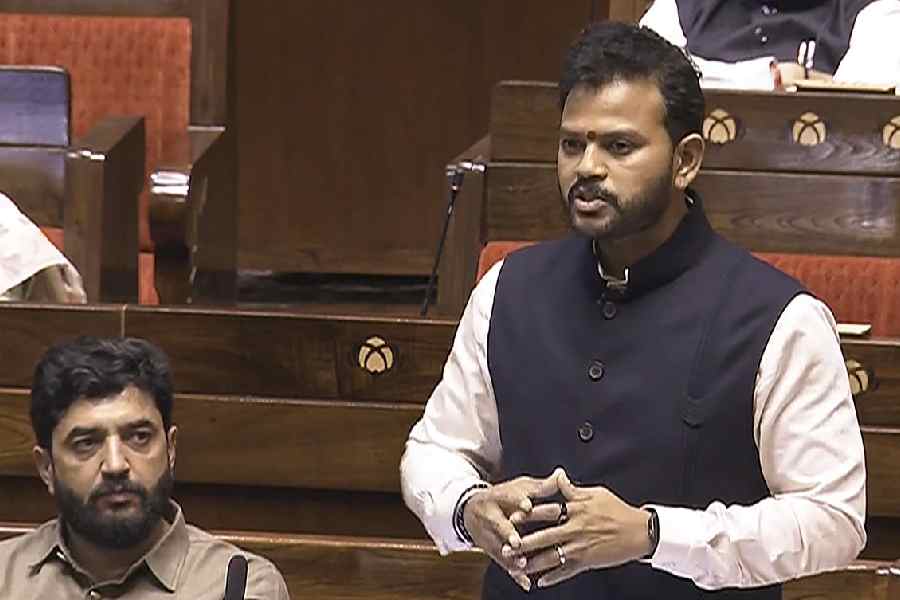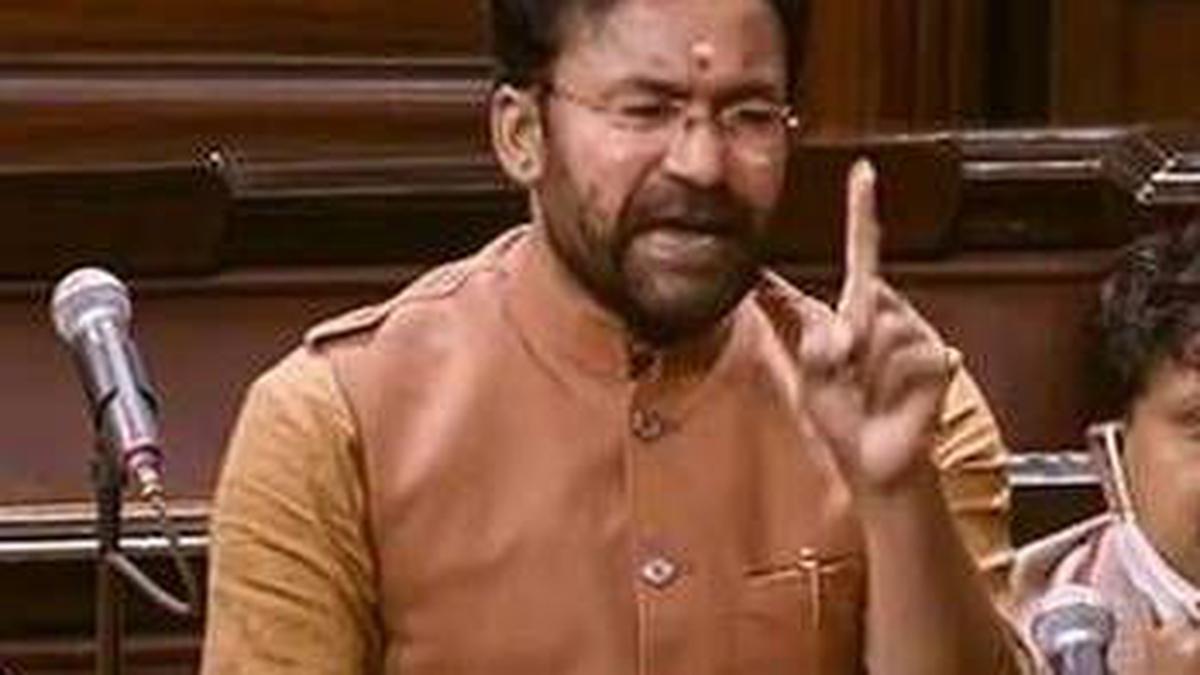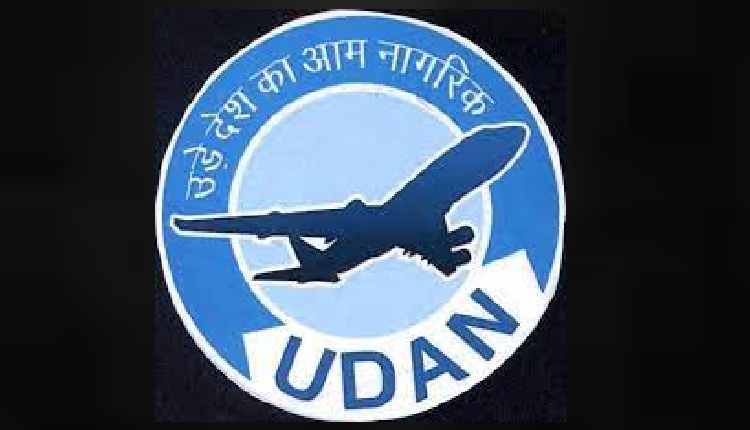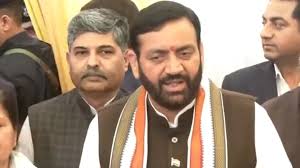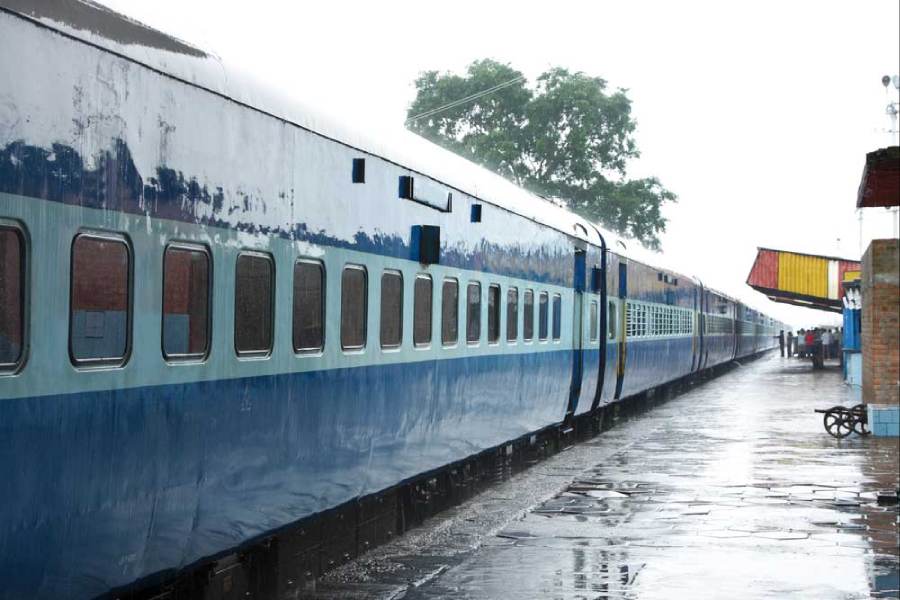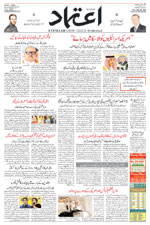KP Sharma Oli elected as Prime Minister of Nepal
Thu 15 Feb 2018, 12:44:37
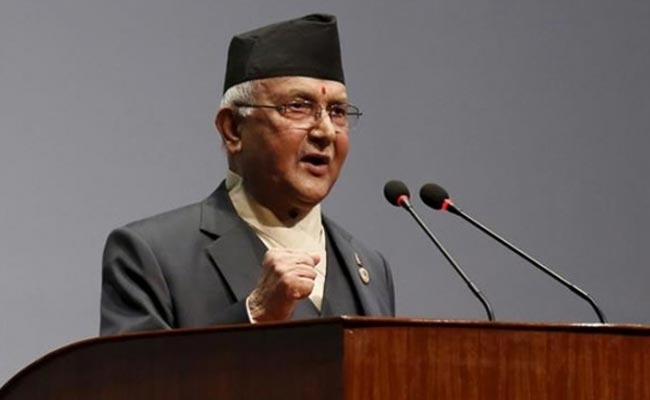
The CPN-UML party Chairman KP Sharma Oli has been elected as the next Prime Minister of Nepal, after the successful conclusion of historic parliamentary polls.
Oli, 65, served as the country's prime minister from October 11, 2015 to August 3, 2016. He is known for his pro-China stance.
A Standing Committee (SC) of the party held in Lalitpur named Oli as the prime ministerial candidate as he is also the UML's Parliamentary Party leader, senior party leader Surendra Pandey said.As the head of the largest party in the House of Representative, Oli is the natural claimant for the top post.
He, however, requires support from the Maoists to secure a majority.
The meeting decided to officially claim formation of the next government with the support from CPN Maoist Centre led by Prachanda.The SC also gave the nod to a formal merger between the CPN-UML and the CPN Maoist Centre.
The two communist parties had months ago made a decision to jointly contest the Parliamentary and provincial elections.
According to the deal, Oli and CPN Maoist Center chief Prachanda
will be co-chairs of the new Communist Party and split the premiership on a rotational basis, Pandey said.
will be co-chairs of the new Communist Party and split the premiership on a rotational basis, Pandey said.
Modalities for the rotation of the premiership, merger of the parties, and the organisation and political doctrine of the new party will be decided by forming a task force by both parties.
The process of government formation and merger of the parties will go hand in hand, Pandey said.
The Left Alliance of the CPN-UML, led by Oli and CPN-Maoist Centre had in December secured 174 seats in the 275-member Parliament in the historic provincial and parliamentary polls that many hope will bring much-needed political stability to the Himalayan nation.
It had also secured an overwhelming majority in the upper house of Parliament with 39 seats, paving the way for the leftist alliance to form the country's next government.
The elections were the first under Nepal's new post-war Constitution promulgated in 2015, which turned the country into a federal democratic republic devolving significant power from the centre to the seven provinces.
No Comments For This Post, Be first to write a Comment.
Most viewed from International
Most viewed from World
AIMIM News
Delhi Assembly polls: Owaisi leads Padyatra in Okhla
Feb 01, 2025
We reject this Waqf Amendment Bill: Asaduddin Owaisi
Jan 30, 2025
Latest Urdu News
Most Viewed
May 26, 2020
Which team will win the ICC Men's Champions Trophy 2025 held in Pakistan/Dubai?
Latest Videos View All
Like Us
Home
About Us
Advertise With Us
All Polls
Epaper Archives
Privacy Policy
Contact Us
Download Etemaad App
© 2025 Etemaad Daily News, All Rights Reserved.

